Buy Celonib : Imatinib 100 mg Capsule 100’S Online
$51.96
Brand Name : Celonib
Composition : Imatinib
Manufactured by : Celon Laboratories Limited
Strength : 100mg
Form : Capsule
Packing : Pack of 100 Capsules
Prescription Required *
Celonib (Imatinib 100 mg Capsule) is a prescription medicine used to treat certain types of cancer, such as chronic myeloid leukemia (CML), gastrointestinal stromal tumors (GISTs), and other rare cancers such as aggressive systemic mastocytosis, hypereosinophilic syndrome, and dermatofibrosarcoma protuberans.
HOW TO USE/Celonib:
Celonib (Imatinib 100 mg Capsule) should be taken with food or after eating a meal. It is usually taken by mouth once or twice daily as directed by your doctor. The dosage and duration of treatment depend on your medical condition, response to treatment, and other medications you may be taking.
Storage Conditions:
Store Celonib (Imatinib 100 mg Capsule) at room temperature (between 20-25°C) in a dry and cool place, protected from moisture and sunlight. Keep it out of the reach of children and pets.
Mechanism of action:
Imatinib is a tyrosine kinase inhibitor that blocks the action of enzymes responsible for the growth and division of cancer cells, which leads to the inhibition of cancer cell proliferation and growth.
Precautions:
Before taking Celonib (Imatinib 100 mg Capsule), inform your doctor if you have any medical history of liver or kidney problems, heart disease, bleeding disorders, or if you are pregnant or breastfeeding.
Contraindications:
Celonib (Imatinib 100 mg Capsule) is contraindicated in patients with hypersensitivity to the active ingredient or any of the ingredients in the capsule.
Drug Interactions:
Celonib (Imatinib 100 mg Capsule) may interact with other medicines you are taking, which may affect how the drug works or increase the risk of side effects. Therefore, tell your doctor about all the medications you are taking, including prescription drugs, over-the-counter medicines, vitamins, and herbal supplements.
Overdose:
If you suspect an overdose of Celonib (Imatinib 100 mg Capsule), seek immediate medical attention or call the poison helpline.
Side Effects:
Celonib (Imatinib 100 mg Capsule) may cause some side effects, such as nausea, vomiting, diarrhea, fatigue, headache, muscle cramps, edema, rash, liver toxicity, bleeding, and decreased white blood cell count. Contact your doctor if these symptoms persist or worsen, or if you experience any other unusual symptoms.
Be the first to review “Buy Celonib : Imatinib 100 mg Capsule 100’S Online” Cancel reply
Related products
Anti Cancer
Anti Cancer
Anti Cancer
Anti Cancer
Anti Cancer
Anti Cancer


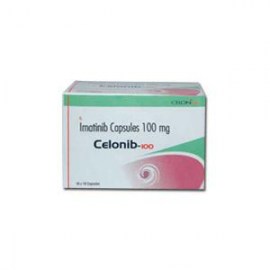
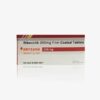
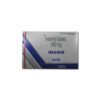
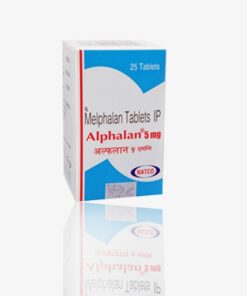
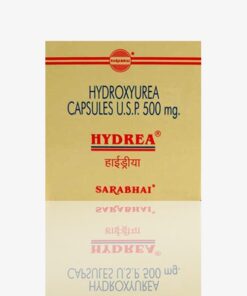
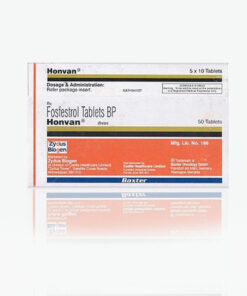
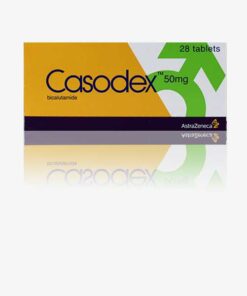
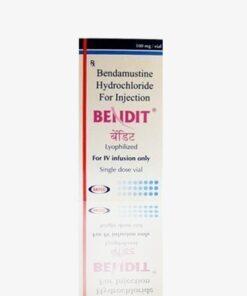
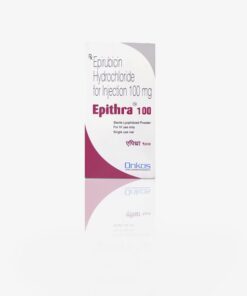
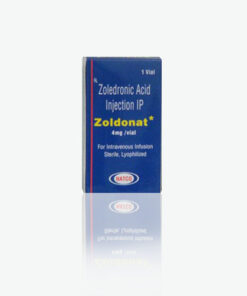

Reviews
There are no reviews yet.